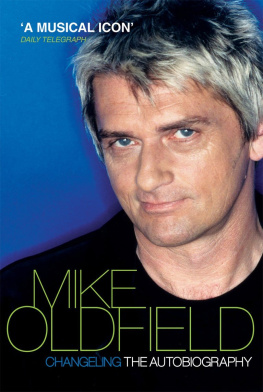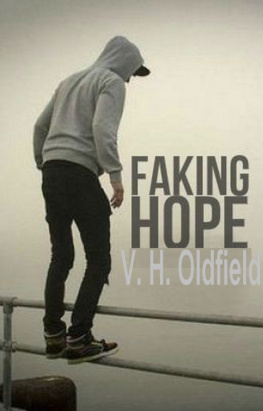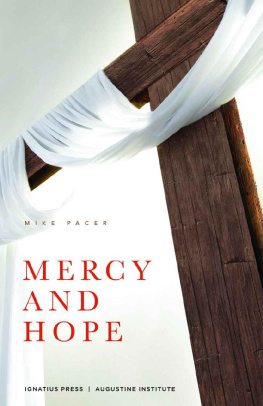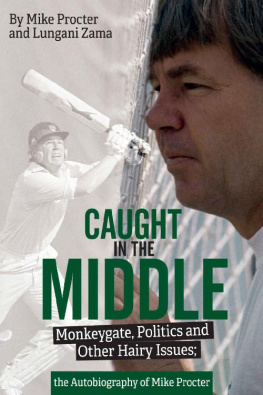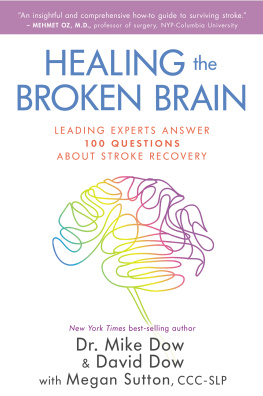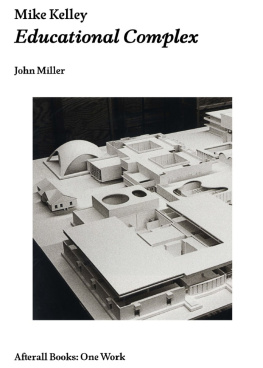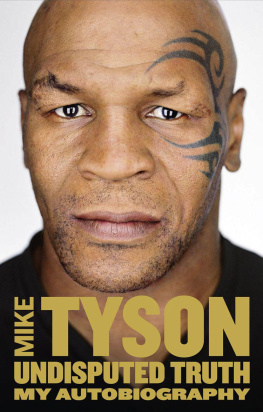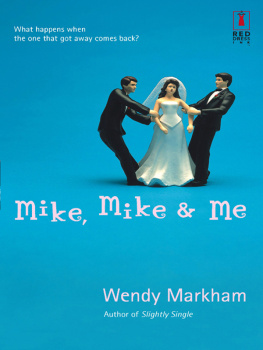About the Author
Mike Oldfield rose to prominence with his first album, Tubular Bells, which was written and recorded during his teenage years. Once it reached the number one spot, it spent a total of 250 weeks in the UK album charts. It was also used as the theme tune to the film The Exorcist and won a 1974 Grammy Award for Best Instrumental Composition. Together with The Beatles and Bob Dylan, Mike is one of only three artists to have ever knocked themselves off the number one spot in the UK for Mike it was with his second album, Hergest Ridge. Mike has released over twenty albums in his career, and has packed out major venues such as Edinburgh Castle and the Royal Albert Hall. He is one of the most successful recording artists ever.
About the Book
Mike Oldfield was just nineteen when his first album, Tubular Bells, catapulted him into stardom and made him one of the most successful recording artists of all time. It was to be a journey few of us could imagine.
Growing up with an alcoholic mother and without the social instincts most people take for granted, Mike felt he never fit in. Then, with the spectacular success of Tubular Bells, he suddenly found himself struggling to cope with fame on an unimaginable scale, and a growing feeling of alienation and depression.
Mike takes readers from his difficult early years through the recording of Tubular Bells and the sudden fame it brought, to his subsequent breakdown and rebirth experience, right up to the present day in an incredible story featuring a cast of characters that includes Mick Jagger, Marianne Faithful, Richard Branson and Steve Winwood. It is a unique and inspiring tale of success, struggle and hope.
ACKNOWLEDGEMENTS
I would like to thank Jon Collins for helping me to edit and compile this book. Thanks also to Ed Faulkner, KT Forster and all at Virgin Books for their support.
1. BEGINNINGS 1953
GIVEN EVERYTHING THAT would happen in my life, the beginnings were all quite mundane. I was born in Battle Hospital in Reading on 15 May 1953. I dont think it was a particularly difficult or traumatic birth, not for my mother anyway. My parents were in their thirties then: my father was about 33 and my mother was four years older, at 37. I did ask my mother about it all later, and my father, but I understand it was all fairly run-of-the-mill.
We first lived in a semidetached place on Monks Way, quite near to the centre of Reading. I have some very, very early memories of the place, stored in some kind of infant memory bank; I think its quite rare to have memories of that early time. I remember the way the sunlight used to stream through the windows; I also have very early, warm memories of my mother. I remember breast-feeding, and an incident when I saw a person somehow I knew it was my sister opening the door of the room and saying, Oh, excuse me, and shutting it again. I have no idea how old I was when that happened. I remember that the material of the old cloth nappies was a bit itchy; I remember the feel of dirty nappies, how awful it felt when you were all dirty, and how nice it was when you were clean. I can remember wearing a bib and hating it, and preferring to be covered in food. I remember I always loved having buttons to push. Perhaps every baby loves buttons push something and something happens, like magic.
When I was still very young, about three or four, we moved to a small, detached house in Western Elms Avenue, just a short distance from Monks Way. It used to be a well-to-do district of Reading: my father was a local GP so I suppose my parents might have been considered quite well off. My mother had an Irish helper called Kathleen, I think. Its all very hazy: I can remember having a brother and sister, but because they were older and closer in age to one another (Sally is six years older than me and my brother Terry is four years older), they were a pair and were quite distant from me. They were playmates, and I dont think they wanted much to do with their little baby brother. They werent particularly nasty to me, but they didnt seem to like me very much either, at the time. Occasionally Sally was asked to baby-sit me for the afternoon: she used to take me to the cinema and I remember being dragged along the road and dumped in a seat at the pictures. Meanwhile, Terry occasionally deigned to allow me to join in his games of cricket.
My mother was a vibrant, very strange character. She was Irish Catholic, but I remember she used to answer the telephone in a very upper-class voice, like the Queen. Doctor Oldfields residence, she would say, but I knew it wasnt really her natural way of speaking. From time to time she would recite poems that went on for hours, these epic, Celtic stories, and when she was happy she could also do proper Irish dancing. She would do it completely naturally. It was extraordinary: she was a pure Irish woman, totally Celt.
As I got older, my mother started becoming more distant. Before starting school at five, I spent long periods playing on my own, waiting for my father to come back. I presume my mother was busy getting on with other things, so she left me to be on my own. Of everyone in the family, I got on best with my father. I remember when he was out at work, sometimes my mother would lock me in a playpen, which felt like a cage. Maybe I cried a lot or irritated her in some other way, because she would say things like, Wait till your father gets home, hes going to smack you! I think all I had done wrong was whining or crying, and he never did smack me. I adored my dad. We got on really well and I would always look forward to him coming home.
In those days, patients could ring up any time they wanted their doctor: they had my fathers personal number. I can hardly remember a time that he wasnt phoned up in the middle of the night at least twice, sometimes three or four times. Hed have to get up and go and see them. I would hear his car coming back, hed come up the stairs to bed and then, ring, ring, the phone would go again.
To this day, I have a terror of telephones because of that.
I have so many happy memories. We used to go on holiday to the Isle of Wight, which I loved for various reasons. It took quite a long time to get there in those days: there werent any motorways, so it was a fair journey. Mum and Dad would sit in the front of our Morris car, and us three children would sit in the back. To pass the time, my mother would recite her long, epic poems, which were fantastic. She could also pronounce the longest village name in Wales Llanfairpwllgwyngyllgogerychwyrndrobwllllantysiliogogo goch. We were all terribly impressed by that, and I remember we would keep asking her to repeat it.
From Southampton we would cross on the ferry to the Isle of Wight, and go to this little cottage. Most exciting of all, it had two channels on the TV; back home we only had BBC, but the cottage had ITV as well. I remember seeing my first TV advert, which was brilliant: it was for Colgate toothpaste, I think, with some kind of fountain twiddling down. I remember fossil hunting on the beach, and on one holiday I started learning to swim with my father; unfortunately a wave knocked me over and everything went blue. I was scared of the water for quite a few years after that.
Travelling anywhere always took a long time. Weve got some old film from an 8mm camera of the family visiting Beaconsfield model village from Reading, that was probably a couple of hours drive. Once or twice a year we would go to stay with my grandparents in Margate. That was a heck of a journey as well, taking six or seven hours. Margate was a lovely seaside town I dont know if everybody thought that, but it was lovely to my little eyes. It had funfairs and rides on the pier, and the sea was amazing: Ive always loved the sea air and, though I wasnt much of a swimmer, I just liked to be by it.
Next page
